Depicting Programming Vocab In Visuals

Are you a newbie programmer?
If you wish to learn about coding basics, the first step is to spare some time in trying to expand your coding vocab.
Usually what developers come across the web in the name of search is pure gibberish. While books remain indecipherable, tutors and some teachers are just as ineffective to communicate the real meaning and the application of these coding terms. So how can you get it simplified? A clear understanding of some terms will enable you to understand the basics of coding. For starters, learning the language of developers might sound a little intimidating.
Hold on, what about a non-programmer?
The basic lingo used by programmers all the time is not understood by non-programmers. Well usually that’s ok unless they need to work with programmers. In that case, misunderstanding programming lingo is a bigger problem. But you know what, giving them a glossary would not always help. We can read or refer to the coding glossary and still remain clueless about some of the terms or use them in a wrong context. To ease that problem for all clients and employers with a non-programming background, we present a visual glossary for programming vocab.
Get Professional Programmer’s Help!
It gives a clear picture about some of the most commonly used terms that will show up in coding manuals, or in conversation.
Why use programming glossary?
Why do we need to know about the terms that programmers encounter almost on a daily basis? Here are some of the possible users and reasons to refer to a programming vocab glossary.
They serve as a glossary or reference for everyone else who has little or no knowledge of these terms.
They present a complicated terminology in a simplified and understandable language
It helps for those who feel intimidated by techno babble and really wish to decipher coding or programming vocab
For learners and beginners in programming
Despite the presence of glossary to explain the basic meaning, we can take help from the visual language that explains it all.
Keeping that in view we intend to make programming terms more palatable, and digestible. So, we’ve put together some of the basic terms and presented them visually so that their meaning gets clear.
Crash
To cause a running program to stop due to an error.

Debug
To investigate and fix bugs
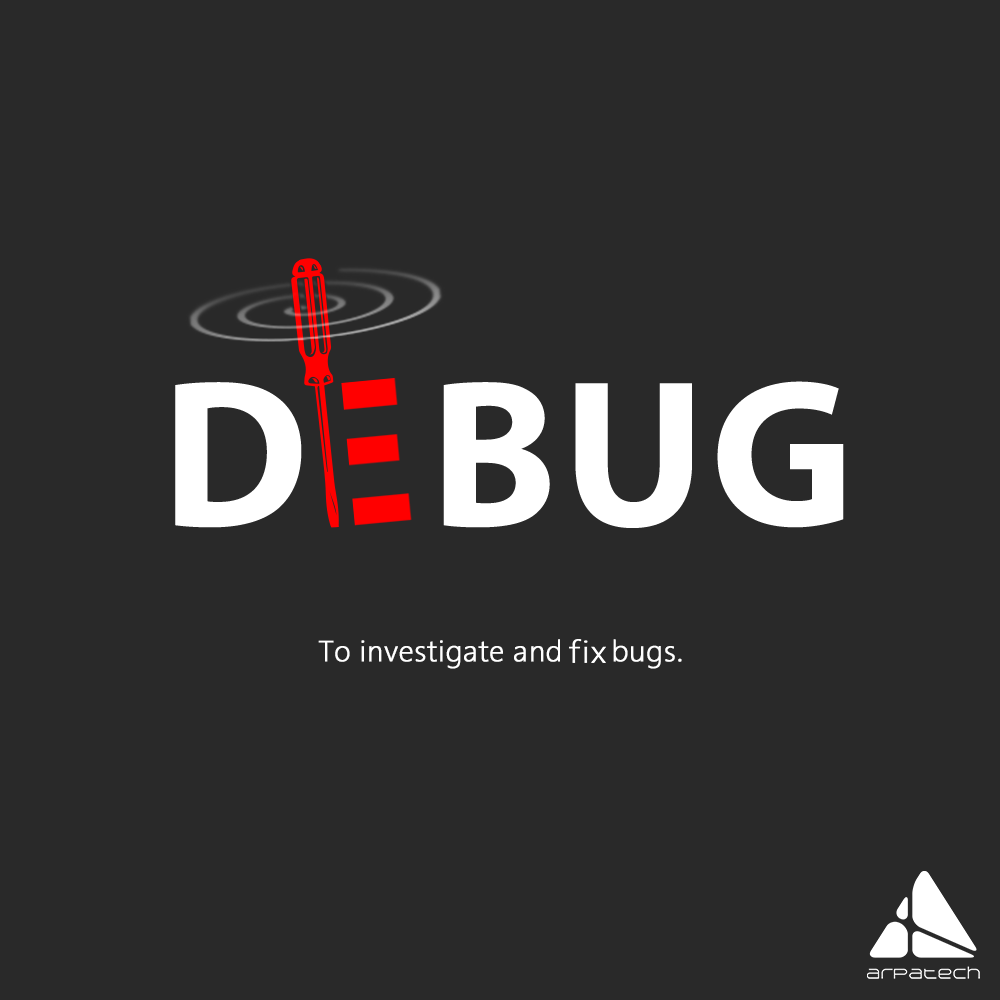
Loop
A piece of code that runs itself repeatedly
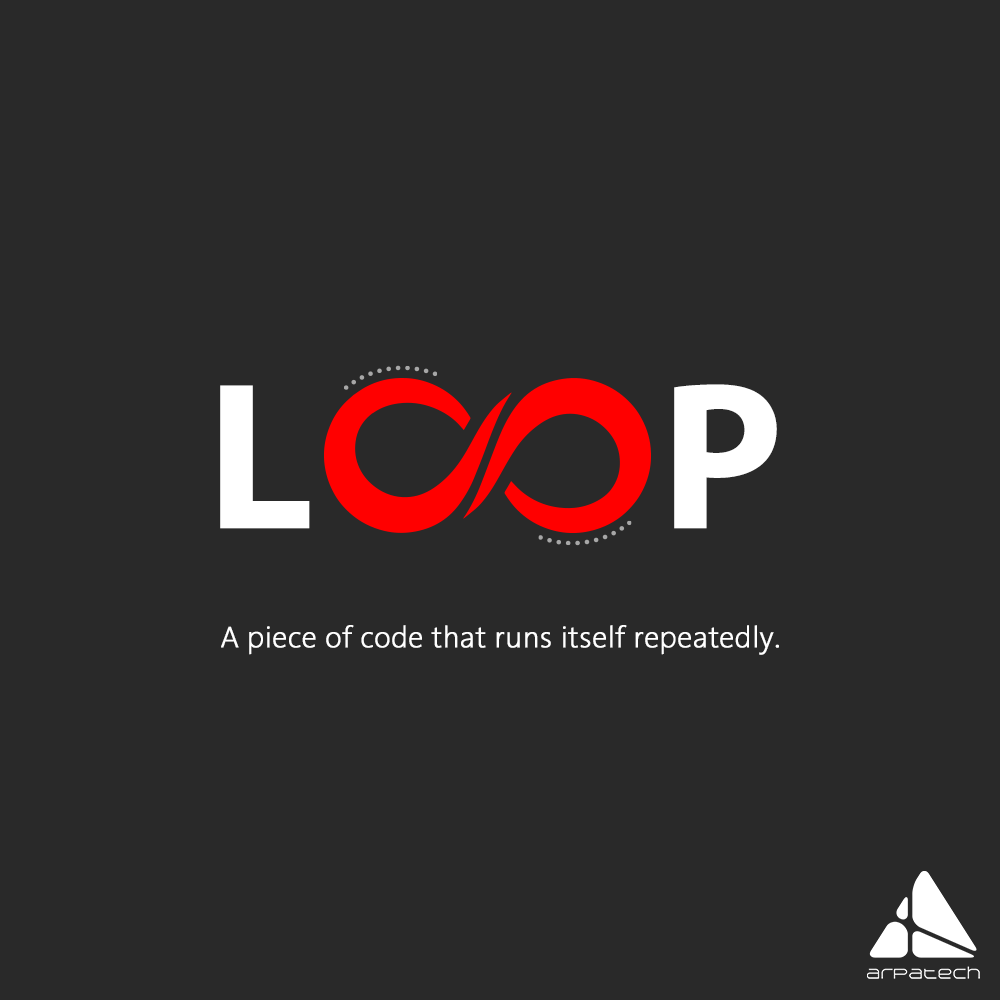
Nested
Contained within something like itself.

Syntax
The grammatical rules of a programming language.
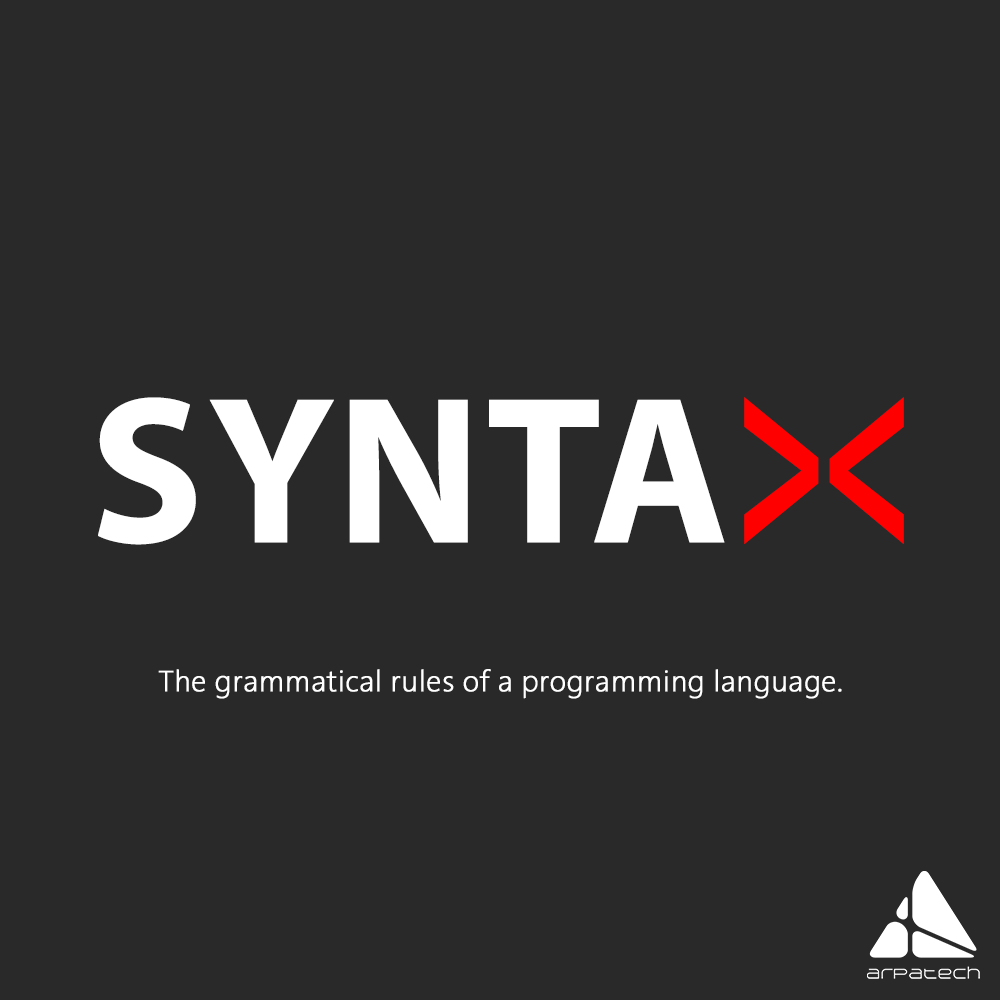
Integer
A type of value that represents whole numbers.
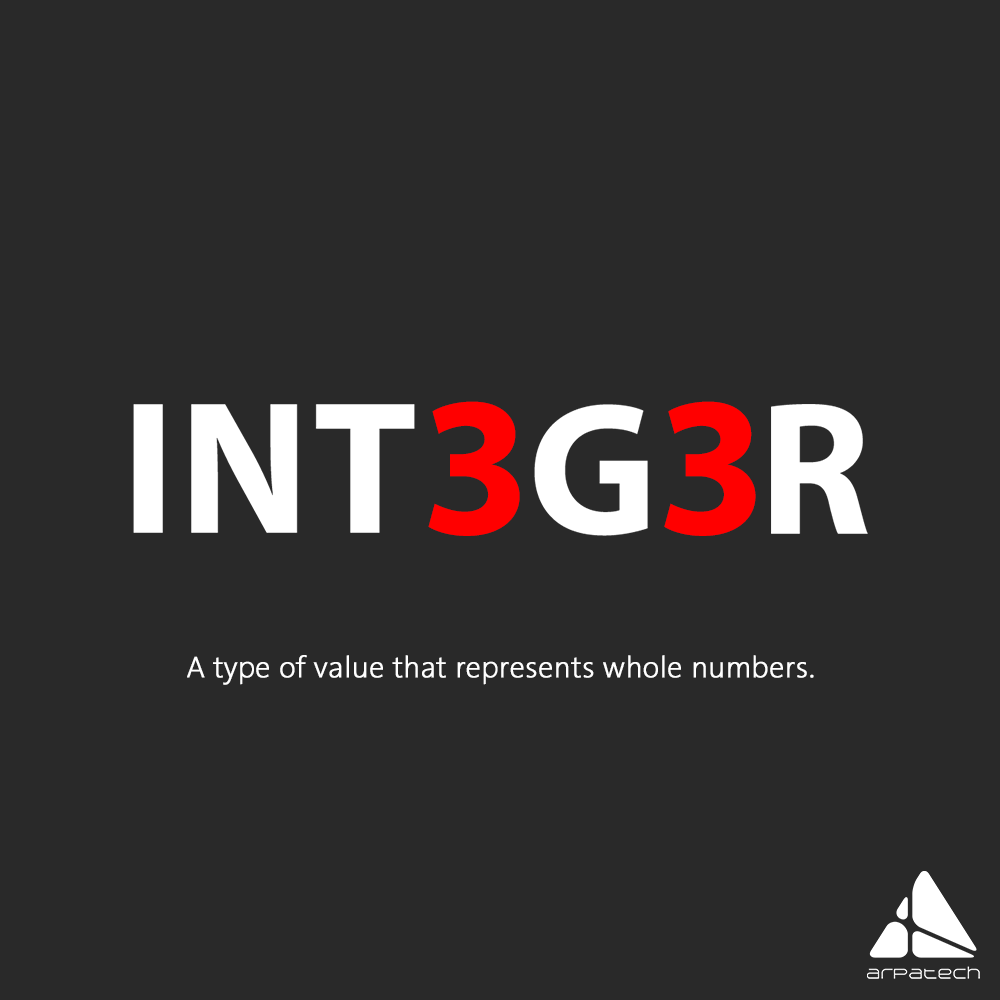
Float
A type of value that represents numbers with fractional parts.

Function
A piece of code that is not run until it is called.
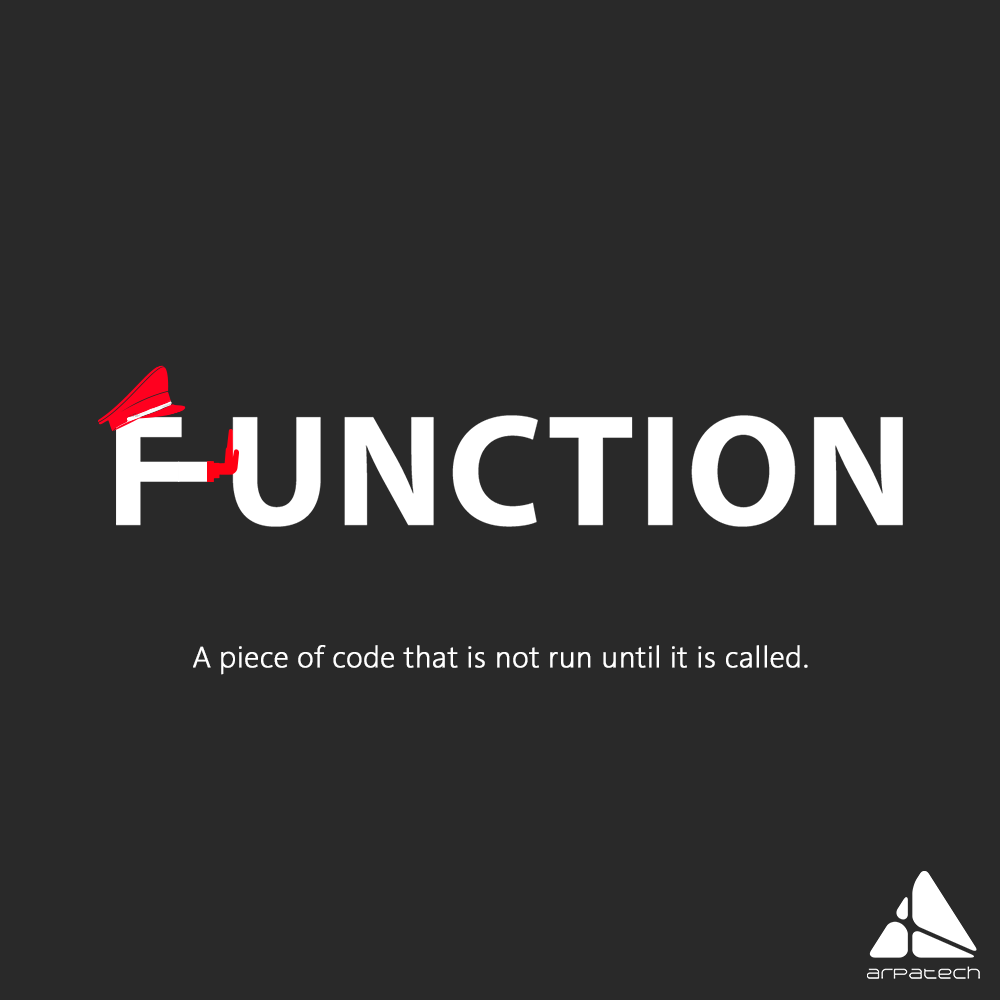
Program
A full piece of software that is ready to be run.
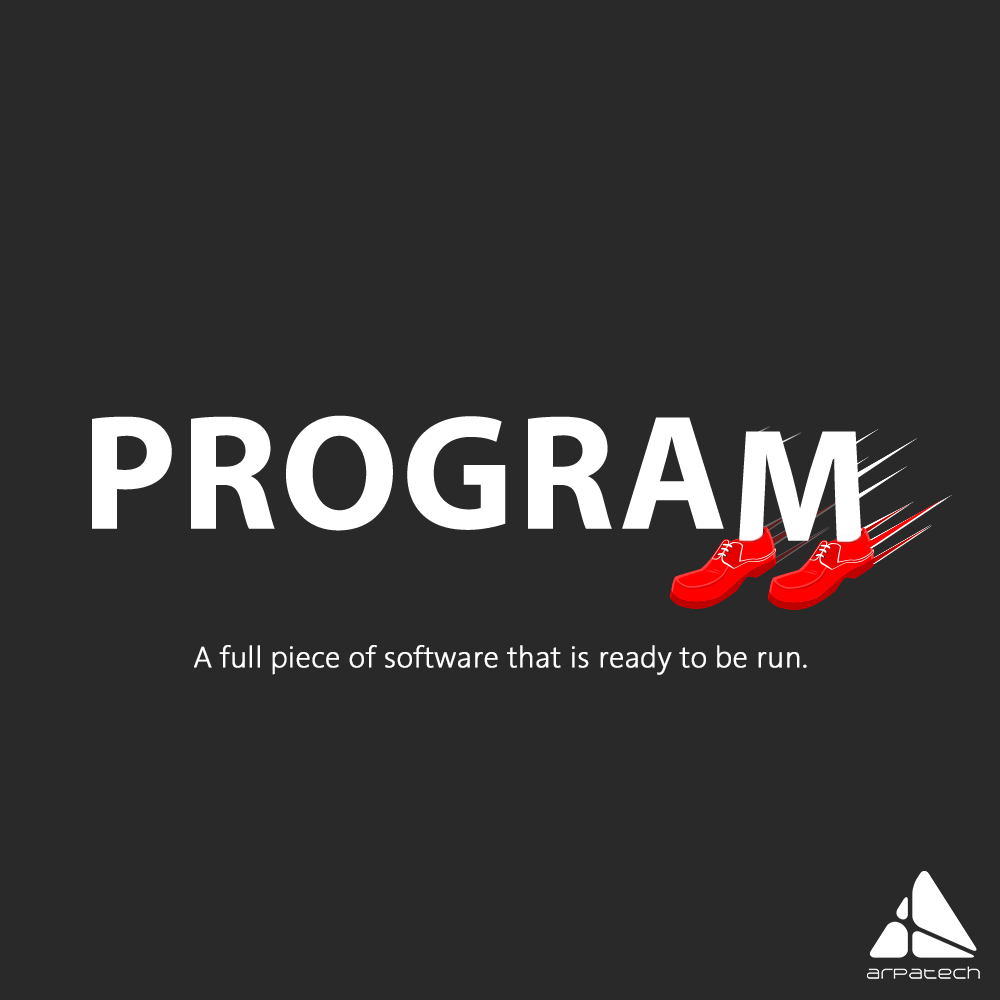
Algorithm
A step-by-step procedure to achieve a specific goal.

Constant
A variable that never changes it’s value.

Return
To immediately stop a called function from running.
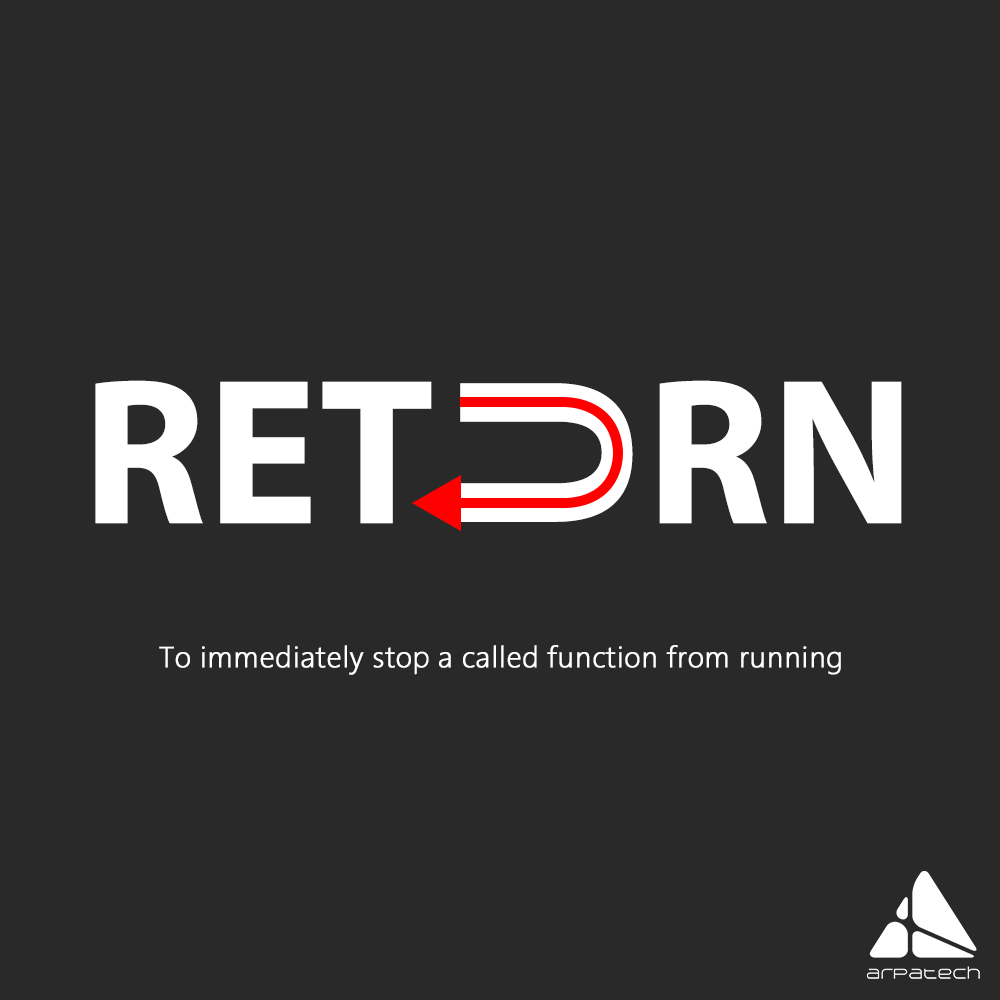
Read
To retrieve input data values from an external source – usually from a file.

Latest posts by Moiz Khan (see all)
- How to Use AI to Enhance your SEO Strategies? - August 31, 2023
- What You Need to Know About Test Automation in DevOps - August 30, 2023
- 6 Cloud Computing Challenges That Businesses Need to Be Aware of - August 22, 2023

 Careers
Careers


